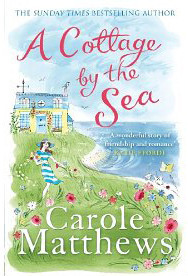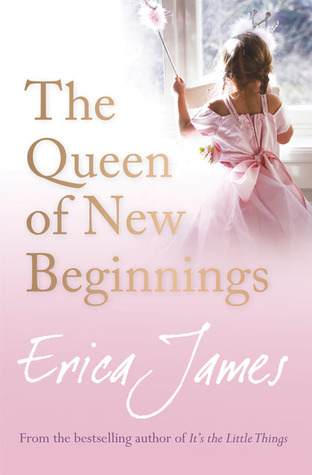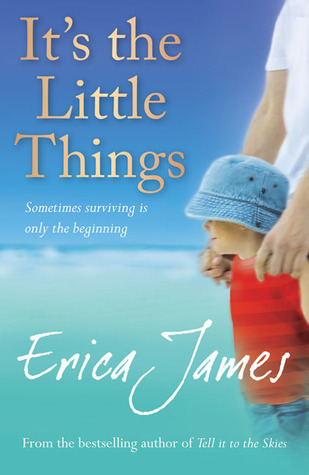
The Hidden Cottage
Book Description
Hidden behind the lush, winding paths of the English countryside lies a cottage steeped in secrets and tangled emotions. When four strangers converge for a weekend retreat, their lives intertwine in unexpected ways, revealing buried truths and igniting unresolved tensions. As laughter echoes through its walls, whispers of betrayal and longing simmer just beneath the surface. Each moment spent together is a fraught dance of vulnerability and revelation, leading to a breathtaking climax that will change everything. Can the bonds of friendship survive the unveiling of life's darkest mysteries, or will they shatter under the weight of hidden desires?
Quick Book Summary
Set in the heart of the English countryside, "The Hidden Cottage" follows the intertwined stories of four strangers brought together for a weekend retreat. Behind the inviting façade of the cottage, each character struggles with personal secrets and unspoken emotions. As the weekend unfolds, long-buried truths surface, igniting tensions and forging unexpected connections. The group is challenged to confront vulnerabilities, question their desires, and ultimately decide whether to embrace change or cling to the past. Erica James crafts a vivid tale of friendship, heartbreak, and second chances, asking whether bonds forged in truth can endure the exposure of life’s hidden layers. Ultimately, it is a story about rediscovery—of love, trust, and the courage to face oneself.
Summary of Key Ideas
Table of Contents
The Impact of Secrets on Relationships
Four strangers arrive at The Hidden Cottage for a restorative weekend retreat, each carrying their own burdens. The lush, secluded setting accentuates their isolation from the outside world, creating an environment ripe for introspection and revelation. As they settle in, small gestures and hushed conversations reveal the undercurrents of tension, exposing the fragility of their assumed normalcy. The narrative skillfully alternates perspectives, gradually peeling back the layers of each character’s emotional armor.
Healing Through Confrontation and Acceptance
As the group navigates unfamiliar dynamics, hidden secrets slowly emerge. One battles the memory of a recent betrayal, another mourns an unspoken loss. Through shared meals and late-night confessions, the cottage becomes a crucible where trust is both tested and built. The author uses the cottage’s walls as a metaphor for the boundaries each character has maintained, and now must consider lowering in search of honesty and connection.
The Complexity of Desire and Betrayal
The arrival of unexpected revelations intensifies existing fractures and exposes individual vulnerabilities. Longings suppressed for years come to light, stoking both hope and resentment. Conflicts escalate as desires clash and old wounds surface, forcing the characters to confront not only one another, but their own deepest fears. The rural backdrop, at once idyllic and isolating, sharpens the existential struggle each faces between holding on and letting go.
Transformation Through Vulnerability and Connection
The climax arrives as the group musters the courage to fully reveal their truths. The act of confession proves both painful and liberating, unmasking previous assumptions and shifting the tenor of their relationships. Vulnerability enables moments of genuine connection, offering a chance at understanding and forgiveness. The momentum of change propels each character to reevaluate their circumstances and priorities, setting the stage for transformation.
The Search for Authenticity and Self-Discovery
In the aftermath, the bonds among the group are forever altered, some strengthened by newfound honesty, others left irreparably changed. The retreat leaves behind a lingering echo of acceptance, showing that healing is possible even when not all questions are answered. Through richly drawn characters and keenly observed emotional detail, "The Hidden Cottage" explores the necessity—and the cost—of facing the truths we hide from others, and from ourselves.
Download This Summary
Get a free PDF of this summary instantly — no email required.





